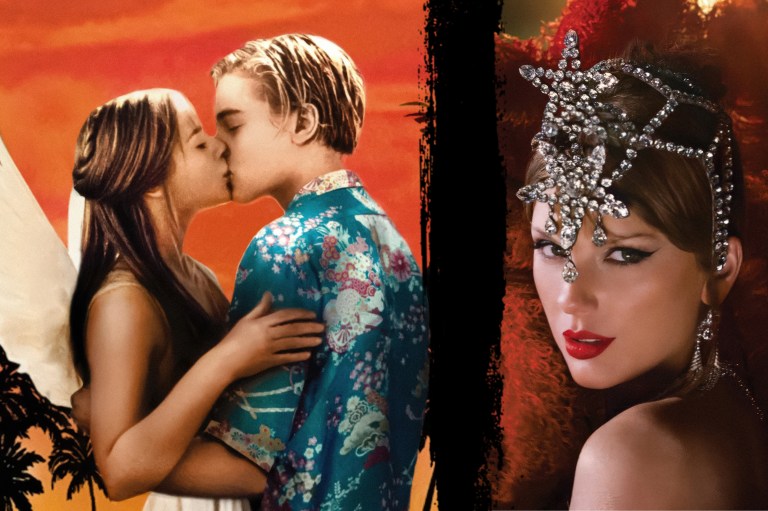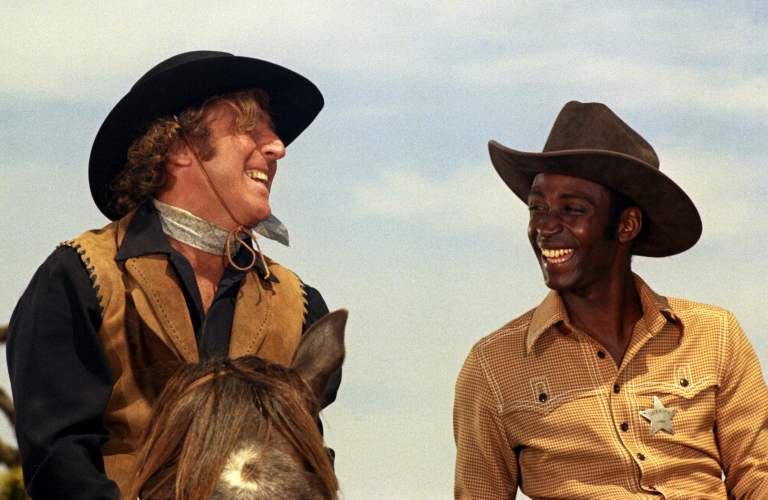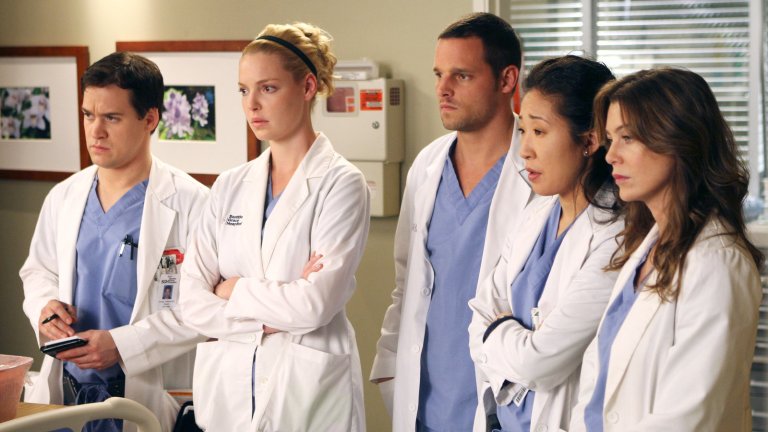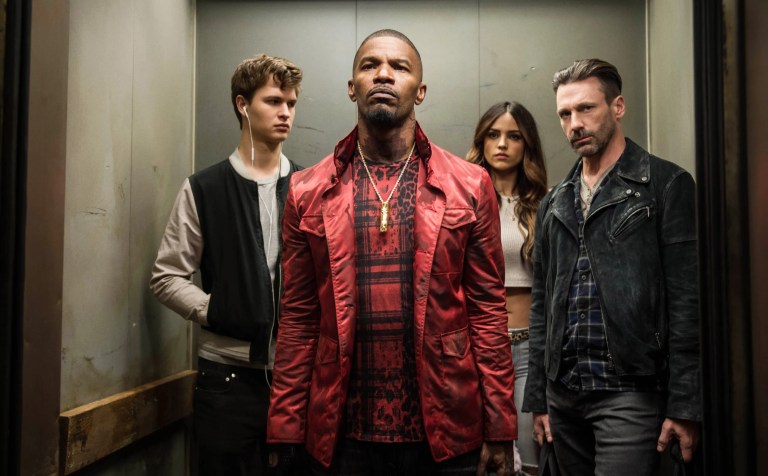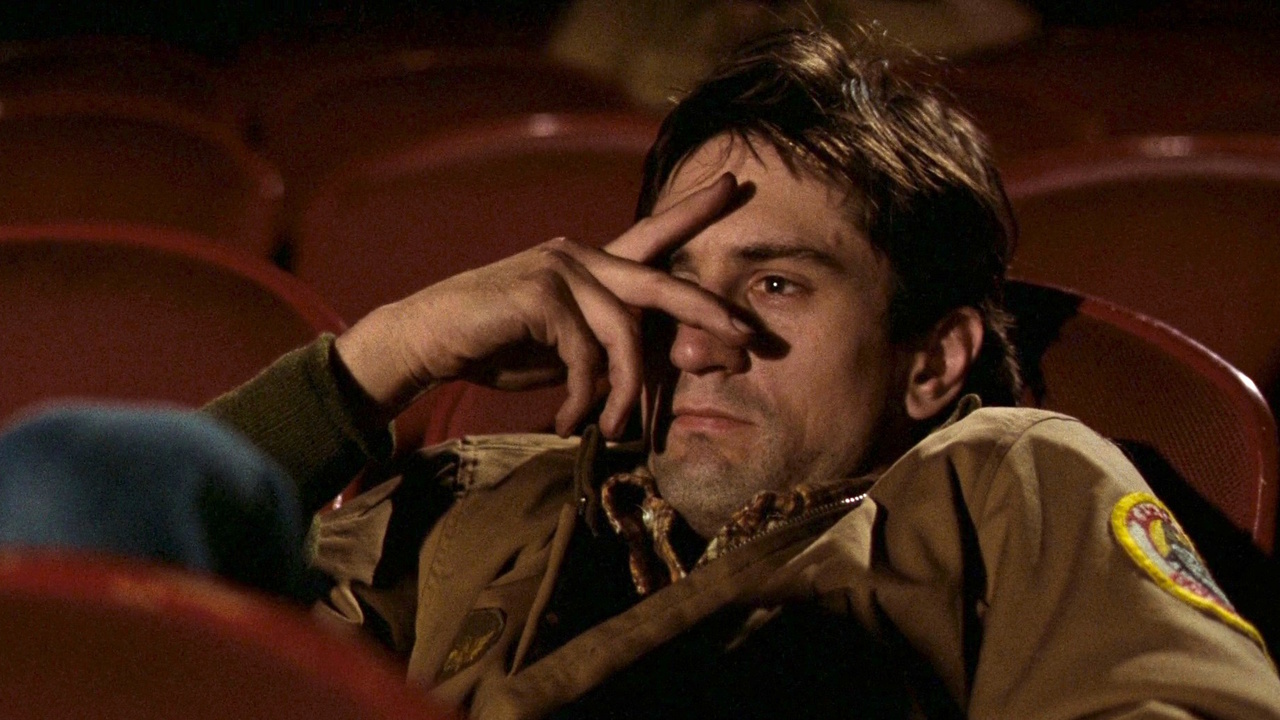
The 7 Best Martin Scorsese Movies Of All Time, Ranked
From his latest Hollywood ventures to his earliest feature-length films, here are some of our favorite Martin Scorsese movies, ranked in order from worst to best.
Few directors command the same avid level of respect as Martin Scorsese. Entering the film industry amidst the influential New Hollywood movement, Scorsese quickly became one of the most accomplished directors of the 1970s, contributing to a renewed golden age for American mainstream cinema. Alongside his contemporaries/close friends Steven Spielberg, George Lucas, and Francis Ford Coppola, the young New Yorker illustrated that film could be just as complex and thought-provoking as higher forms of art, rather than serving as mere entertainment for audiences to spend two hours gazing at.
With a career that spans the better part of just over 60 years, Scorsese has proven himself a more than prolific director, regularly churning out acclaimed films from one decade to the next. From his latest Hollywood ventures to his earliest feature-length films, here are some of our favorite Martin Scorsese movies, ranked in order from worst to best.
7. Killers of the Flower Moon (2023)
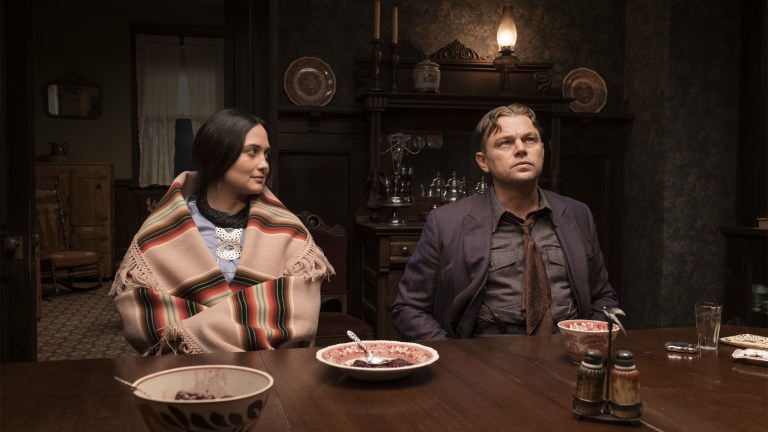
Scorsese’s most recent film, Killers of the Flower Moon dramatizes one of the most harrowing true-crime scandals to grip the Indigenous American community. Casting two of Scorsese’s most faithful collaborators as a pair of scheming conmen, Killers of the Flower Moon offers a poignant illustration of the wrongs 20th century Americans committed against the Osage Nation in Prohibition-era Oklahoma. Dark, dense, and overarchingly accurate in its recreation of the 1920s, it’s among Scorsese’s very best films of the past two decades.
6. Mean Streets (1973)
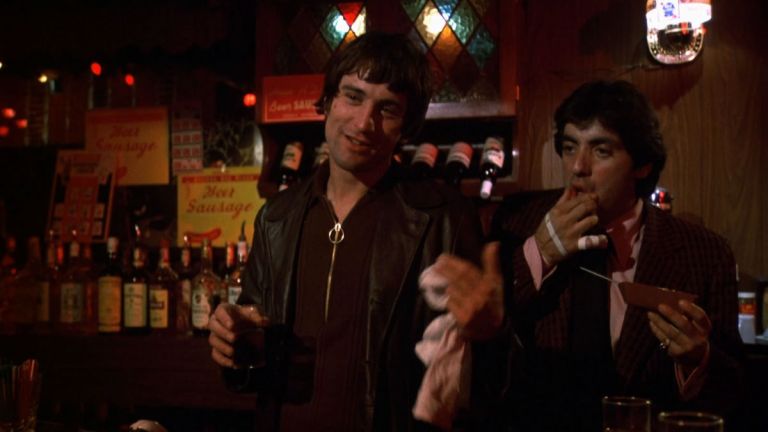
Mean Streets may not have been Scorsese’s first film, but it is the movie that helped launch him to new heights in the entertainment industry. Establishing so many hallmarks that became closely associated with Scorsese’s name, Mean Streets serves as a gripping stylistic precursor to each of Scorsese’s most well-known films, from Goodfellas and Taxi Driver to After Hours and The Departed. Incorporating a more realistic approach to the conventional crime genre, Mean Streets became what can only be described as one of the earliest indie dramas of the 1970s, wowing fans and critics from around the globe.
5. The Wolf of Wall Street (2013)
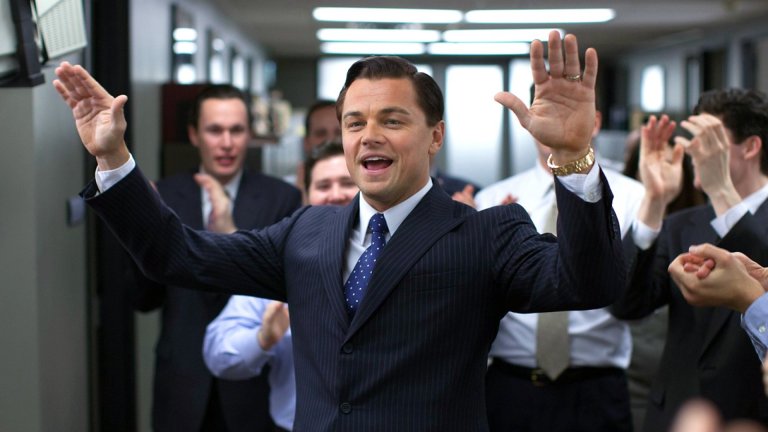
Among Scorsese’s most popular films of the past 20 years, The Wolf of Wall Street provides a stunning look at 1980s Wall Street – I.E., one of the most drug-fueled, unscrupulous, self-indulgent eras in New York’s history. Dramatizing the life and career of Wall Street financier Jordan Belfort, The Wolf of Wall Street underscored the rampant greed that fueled its historical setting, giving way to over-the-top lifestyles built on lies, deception, and a constant desire for more (more sports cars, more luxurious houses, more meaningless romantic flings, etc.)
4. The Departed (2006)
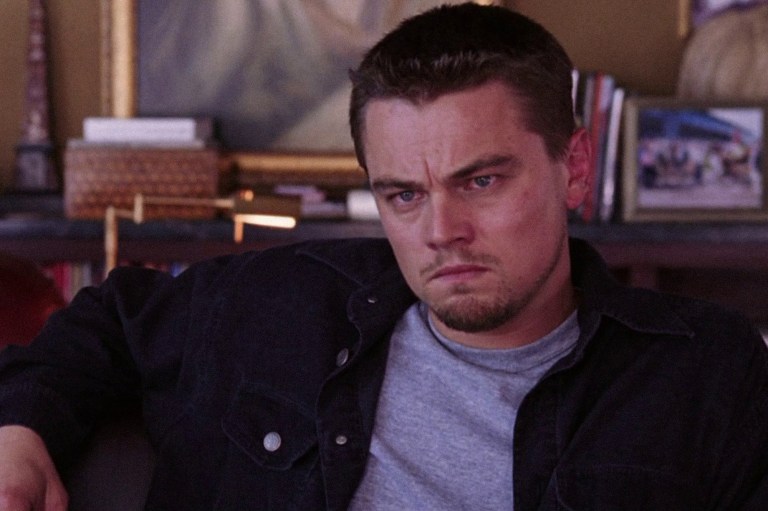
Realistically, anyone could have overseen a remake of 2002’s Infernal Affairs, but there’s a decent chance the resulting film never would have surpassed Scorsese’s The Departed. As with all the best gangster epics before it, The Departed’s sheer scope and lengthy cast list made it a film destined for success from the very get go. With shifting loyalties and uncertain motives fueling each characters’ actions, The Departed’s expansive narrative forces audiences to pay close attention, wondering aloud who’s betraying who as they pretend to betray someone else.
3. Raging Bull (1980)
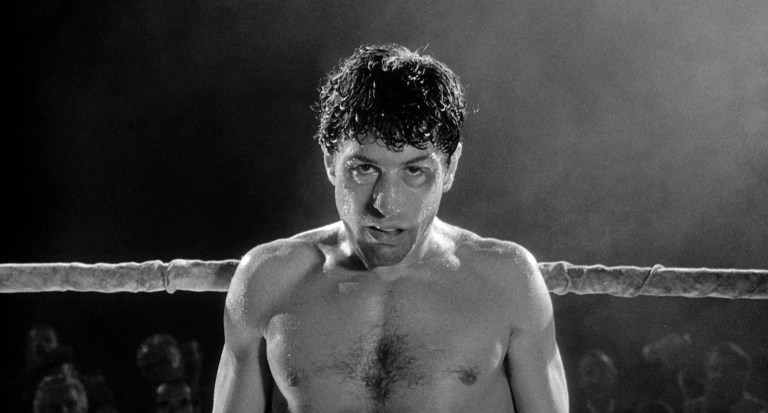
In many ways, one might accurately describe Raging Bull as the complete antithesis to Rocky. Whereas Sylvester Stallone’s 1976 sports drama ended on a wholly inspirational note, Raging Bull weaved in the hard-edged cynicism commonly found in many of Scorsese’s earliest films. Whereas Rocky hammered home the notion that each of us can rise to the occasion and accomplish great things, Raging Bull showed that, sometimes, an obsession with success comes at its own grievous cost – as seen through Jake LaMotta’s hollow proclamation that “he’s the boss.”
2. Taxi Driver (1976)
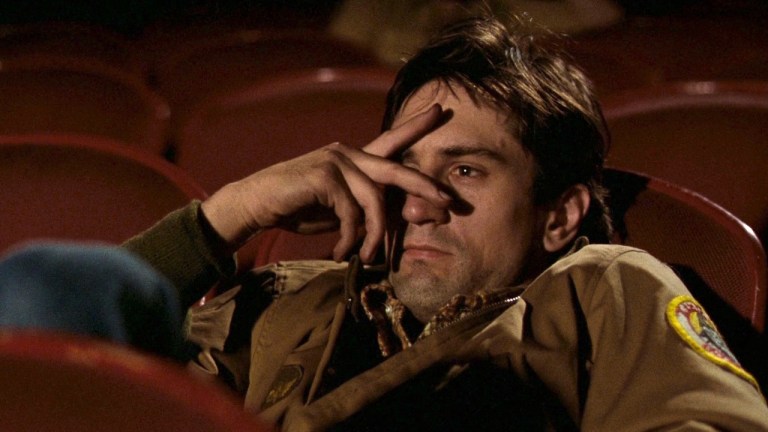
If Mean Streets helped introduce viewers to Scorsese’s name, Taxi Driver solidified the young director as a creative force to be reckoned with. Adapted from Paul Schrader’s tense and downbeat script, Taxi Driver provides an unflinching look at the seedy underbelly of 1970s New York, as seen through the eyes of Robert De Niro’s increasingly demented Travis Bickle. It may not be for the faint of heart, but its hellish portrayal of New York and moral ambiguity established Taxi Driver as a film well ahead of its day and age.
1. Goodfellas (1990)
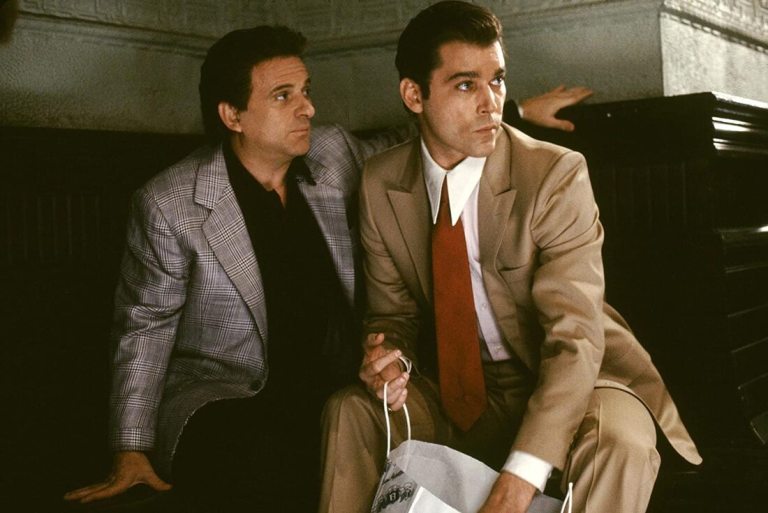
Before The Sopranos illustrated the day-to-day life of the American Mafia, Scorsese accomplished a similar feat with his 1990 classic, Goodfellas. Often hailed as one of the greatest movies ever made, Goodfellas offers a realistic portrayal of the Italian-American crime syndicate from the 1950s to the tail end of the 1970s. Focusing on the extravagant lifestyles many of these criminals lived at the height of their careers, Scorsese also underscores the intense dangers that awaited many of these influential gangsters, from random police investigations to murderous betrayals from friends, mentors, and surrogate father figures.
